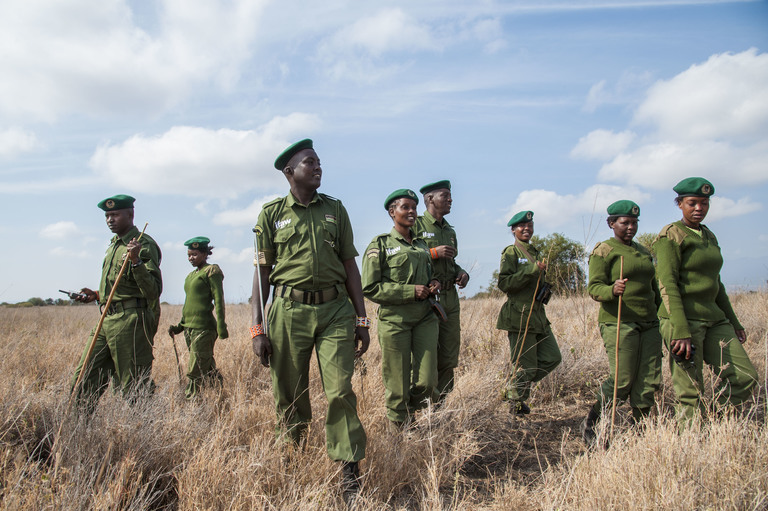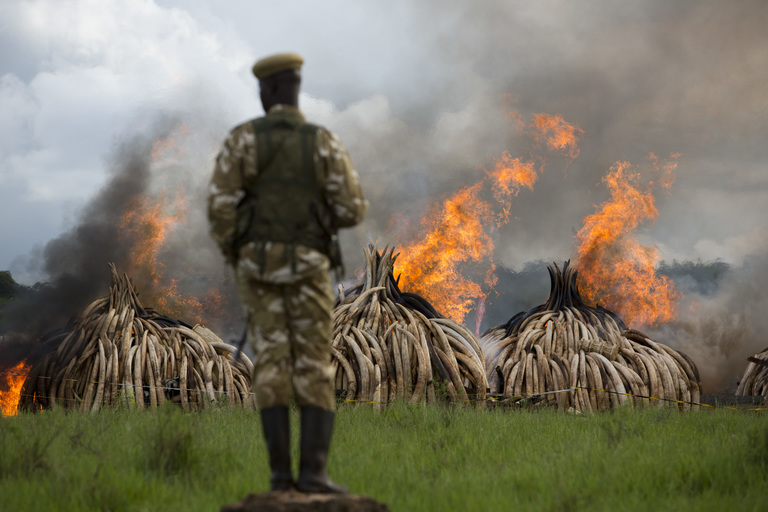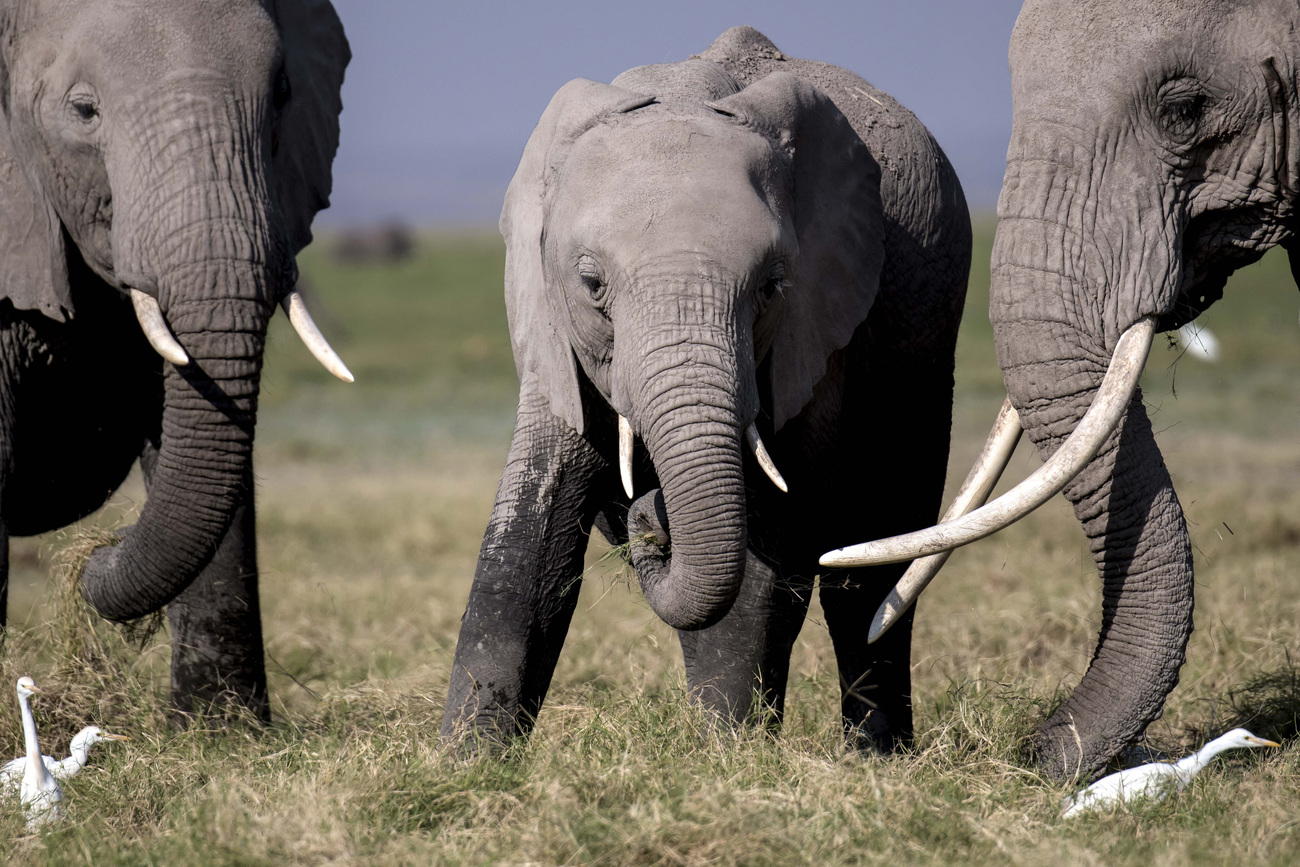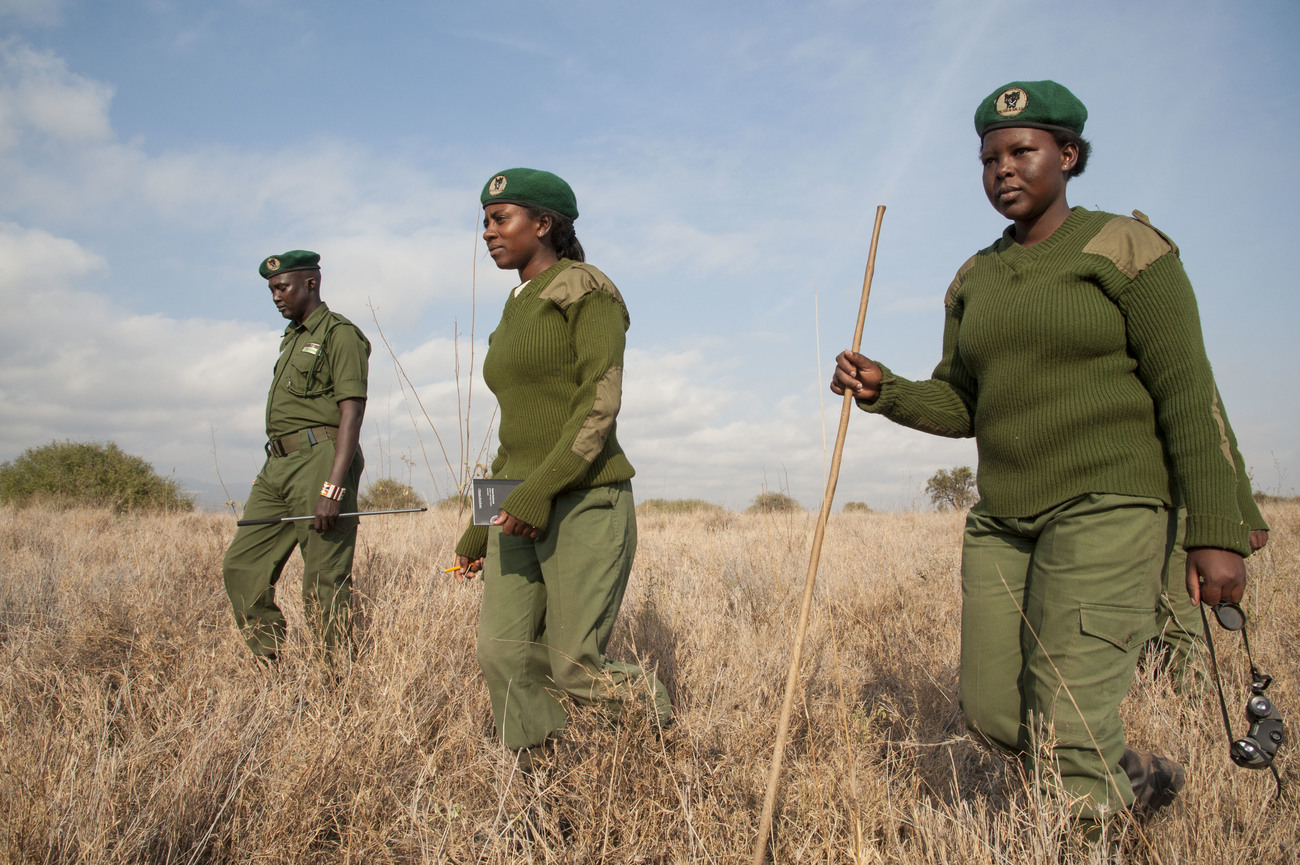
- Inspiring People -
- 5mins -
- 681 views
Meet Team Lioness: the Kenyan women transforming what it means to be a wildlife ranger
IFAW’s all-female ranger team in Kenya’s Amboseli National Park risk their lives daily to protect wildlife from poaching.
Team Lioness: forging a new path for women rangers in Kenya
Maasai women in Kenya are deeply connected to their communities and land, making them key proponents to local conservation efforts. They have insider knowledge and unique perspectives to offer male ranger units, but until recent times they lacked opportunities to get involved on a professional level. Then in 2019, the International Fund for Animal Welfare’s (IFAW) tenBoma wildlife security team created Team Lioness: one of the first all-women ranger units in Kenya. Chosen based on leadership, academic achievements, and integrity, the team of eight young Maasai women are defying constraining social norms and creating new opportunities for women.



Due to covid-19 the rangers have been on duty for months
Every day rangers put themselves at risk to save wildlife. Patrolling the bush for weeks at a time, they always look forward to that much-needed break to connect with family and friends at home.
However, for most rangers, COVID-19 ended that. Considered a critical service by the leaders of the OOGR, the rangers have been obliged to remain on duty for months at a time, not knowing when to expect a few days at home.
The work of Team Lioness and the rest of a 76-strong group of rangers in Group Ranch is supported by IFAW. Since 2012, IFAW has collaborated with the local community members of OOGR in Amboseli to secure 26,000 acres of critical wildlife migratory and dispersal habitat.
IFAW has transformed this land to the Kitenden Community Wildlife Conservancy aimed at providing livelihoods for communities through tourism development and investment, as well as being a protected wildlife habitat.
Source: IFAW



IFAW supports rangers in countries across Africa and the Middle East, in India and China
Constantly under threat from armed poachers and, sometimes, dangerous wildlife, the pandemic has made the work of team Lioness more treacherous than ever. Due to the collapse of tourism, wildlife agencies around the region (Kenya included) have had to cut back on their operations due to loss of revenue.
In the absence of regular patrols to act as a deterrence, the risk of losing wildlife to poaching is real. As a preemptive measure, IFAW has ensured that these community rangers step-up their patrols in order to keep wildlife secure, hence the long stay away from their loved ones.
IFAW supports rangers around the world in countries across Africa and the Middle East, in India and China. With a catastrophic drop-off in tourism numbers due to the COVID-19 pandemic, many of these countries now lack the income from their national parks and protected areas to support their rangers.
IFAW is supporting more than 350 rangers in the field with protective gear, rations for rangers and the fuel needed to enable wildlife protectors to prevent poachers from targeting animals in remote areas.
In Hwange National Park, Zimbabwe, IFAW has supported 4,160 extra litres of fuel allowing rangers to patrol wilderness areas hundreds of kilometres from their bases; more than 2,350 protective items like masks, gloves and sanitiser have also been distributed.
Source: IFAW




